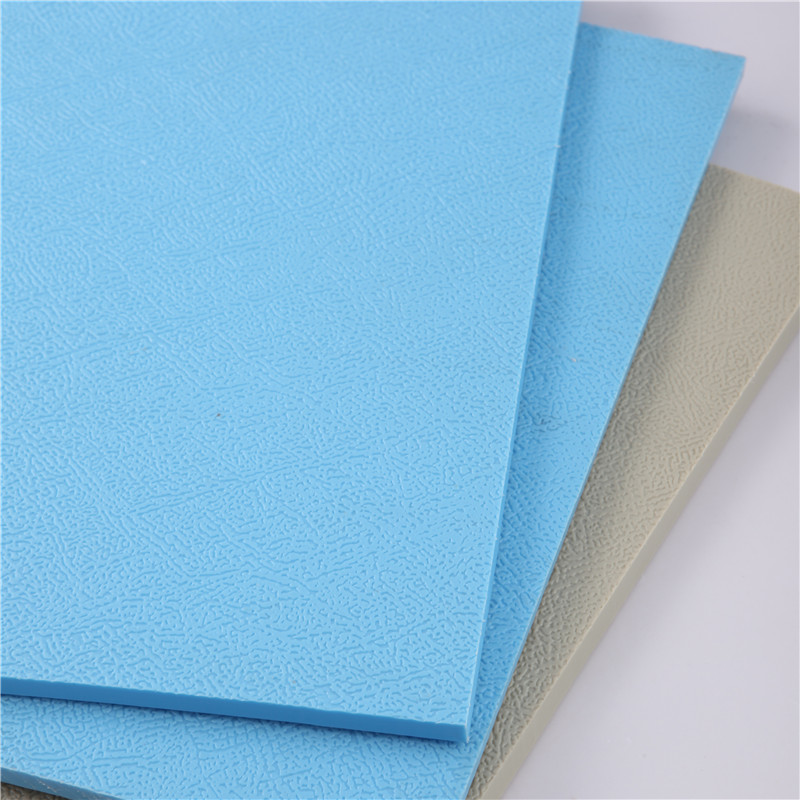Jul . 31, 2024 21:29 Back to list
Choosing the Right PVC Pipe for Your Plumbing and Construction Needs Explained
The Versatility and Benefits of PVC Pipes in Modern Construction
Polyvinyl chloride (PVC) pipes have emerged as a predominant choice in the construction and plumbing industries over the past few decades. Known for their versatility, durability, and cost-effectiveness, PVC pipes are utilized in various applications ranging from residential plumbing to industrial systems. This article delves into the myriad benefits of PVC pipes and their crucial role in modern construction practices.
What is PVC?
PVC is a synthetic plastic polymer made from the polymerization of vinyl chloride. This robust material can be produced in different forms, but when used in pipe manufacturing, it becomes lightweight yet sturdy. The smooth interior walls of PVC pipes prevent buildup and facilitate efficient water flow, making them ideal for various plumbing and drainage applications.
Advantages of PVC Pipes
1. Durability and Longevity One of the standout features of PVC pipes is their resistance to corrosion and chemical damage. Unlike metal pipes, which can rust and corrode over time, PVC pipes maintain their integrity in harsh environmental conditions. This durability extends the lifespan of plumbing systems, often exceeding 50 years.
2. Cost-Effectiveness PVC pipes are generally more affordable than their metal counterparts. The lower initial cost of materials, combined with the ease of installation and reduced labor costs, makes PVC an economically viable option for builders and contractors. Additionally, their longevity translates into lower maintenance and replacement costs over time.
pvc pipe

3. Lightweight and Easy to Handle PVC pipes are significantly lighter than metal or concrete pipes, making them easier to transport and install. The lightweight nature allows for reduced labor costs, as fewer workers are needed to handle and install the pipes, thus streamlining the construction process.
4. Versatility The versatility of PVC pipes extends beyond plumbing. They are suitable for various applications, including drainage, irrigation, and electrical conduit systems. The ability to adapt to different uses makes them a standard choice in both residential and commercial construction projects.
5. Non-toxic and Environmentally Friendly PVC pipes are non-toxic, making them safe for potable water systems. Furthermore, they can be recycled at the end of their lifespan, contributing to sustainable construction practices. Modern PVC manufacturing processes have also improved significantly, reducing the environmental impact associated with the production of these pipes.
6. Fire Resistance PVC pipes have excellent fire resistance properties, which can enhance the safety of buildings and structures. They do not support combustion, making them a suitable choice for various construction and plumbing applications.
Conclusion
In conclusion, PVC pipes offer countless benefits that contribute to their popularity in the construction and plumbing industries. Their durability, cost-effectiveness, lightweight nature, versatility, non-toxic properties, and fire resistance make them an excellent choice for modern building practices. As the demand for sustainable and efficient construction materials continues to grow, PVC pipes are poised to remain at the forefront of plumbing and construction solutions for years to come. Whether for residential, commercial, or industrial use, PVC pipes are undeniably a valuable resource that enhances the efficiency and longevity of plumbing systems.
-
HDPE Natural Sheet: Durable, Food-Grade & Versatile Plastic Solutions
NewsAug.27,2025
-
Durable Glossy PVC Rigid Sheet | Premium High-Shine Panels
NewsAug.26,2025
-
Durable PP Rigid Sheet: Lightweight, Chemical Resistant Solutions
NewsAug.21,2025
-
PVC Grey Sheet for Extraction: Chemical Resistant & Durable
NewsAug.19,2025
-
Durable PVC Pipe Fittings for Plumbing & Irrigation Needs
NewsAug.18,2025
-
HDPE Steel Belt Reinforced Spiral Corrugated Pipe | High Strength
NewsAug.17,2025

